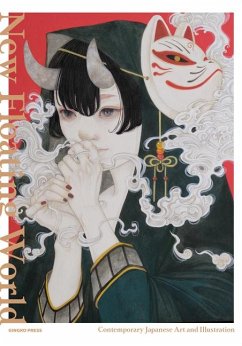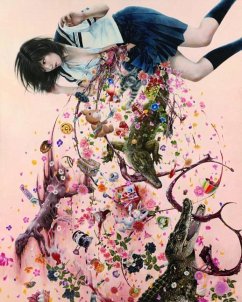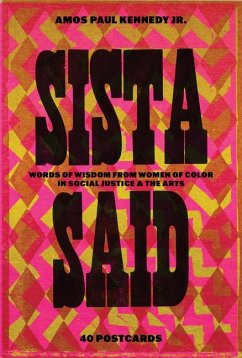
Tadanori Yokoo
Versandkostenfrei!
Erscheint vorauss. 16. Juni 2026
57,99 €
inkl. MwSt.
The first comprehensive English-language retrospective of one of Japan's greatest living visual artists, Tadanori Yokoo. Mixing psychedelia, Pop Art, sexual iconography and references to Japanese historical tradition such as ukiyoe prints, Tadanori Yokoo's work has become synonymous with post-war Japan. Coming to prominence in Tokyo during the 1960s, his subversive designs were popular with the city's radical youth groups. Focusing on the full breadth of his work, this expansive book shines a necessary light on Yokoo's paintings, offering fresh insight into the pioneering artist's creative pro...
The first comprehensive English-language retrospective of one of Japan's greatest living visual artists, Tadanori Yokoo. Mixing psychedelia, Pop Art, sexual iconography and references to Japanese historical tradition such as ukiyoe prints, Tadanori Yokoo's work has become synonymous with post-war Japan. Coming to prominence in Tokyo during the 1960s, his subversive designs were popular with the city's radical youth groups. Focusing on the full breadth of his work, this expansive book shines a necessary light on Yokoo's paintings, offering fresh insight into the pioneering artist's creative process and practice. Positioning Yokoo's work against pivotal social and political events, the book offers both a history of a nation and an artist. It features an essay by Mark Holborn and a translation of the seminal text 'Popcorn Minimalism' by iconoclastic Japanese writer Yukio Mishima. Quotes from Yokoo himself appear throughout, providing an intimate appreciation of his creative process. Extensively illustrated, this publication will be the ultimate guide for all those interested in Yokoo's work.













